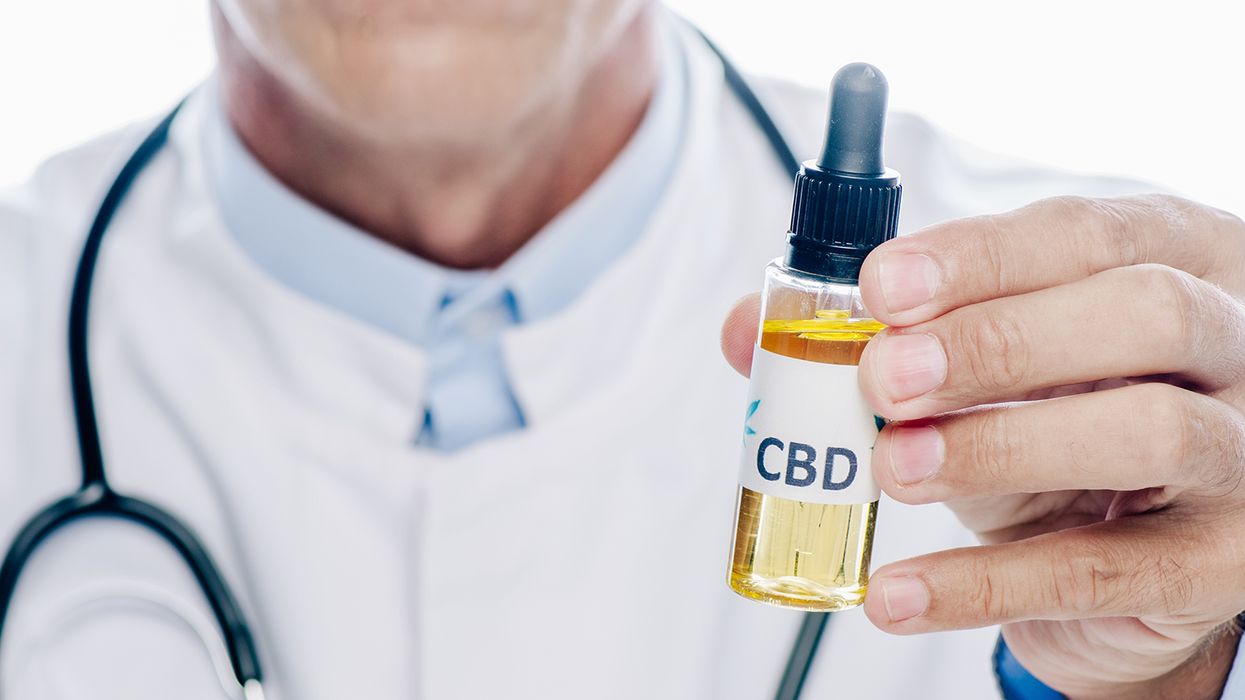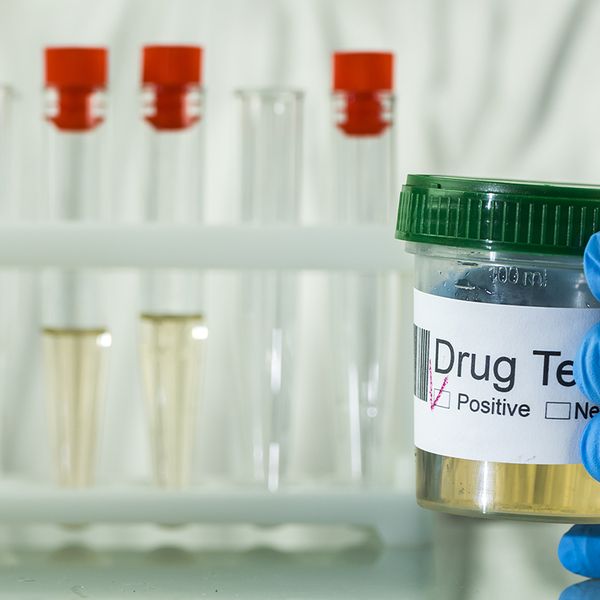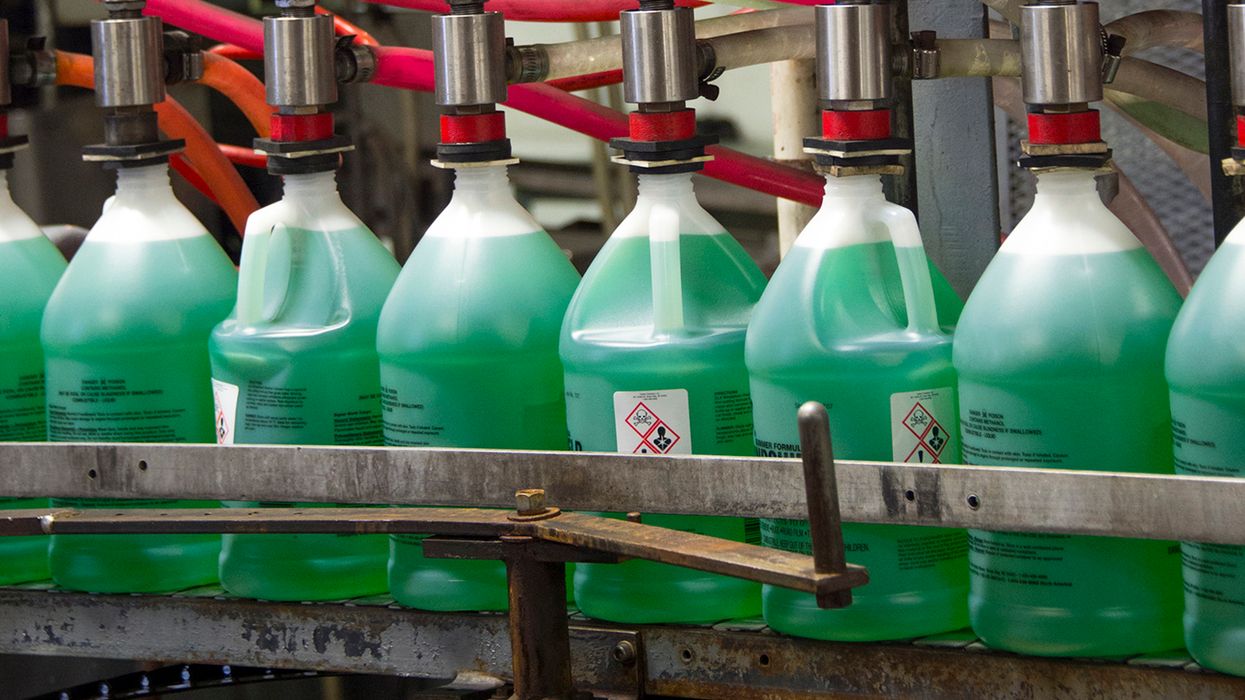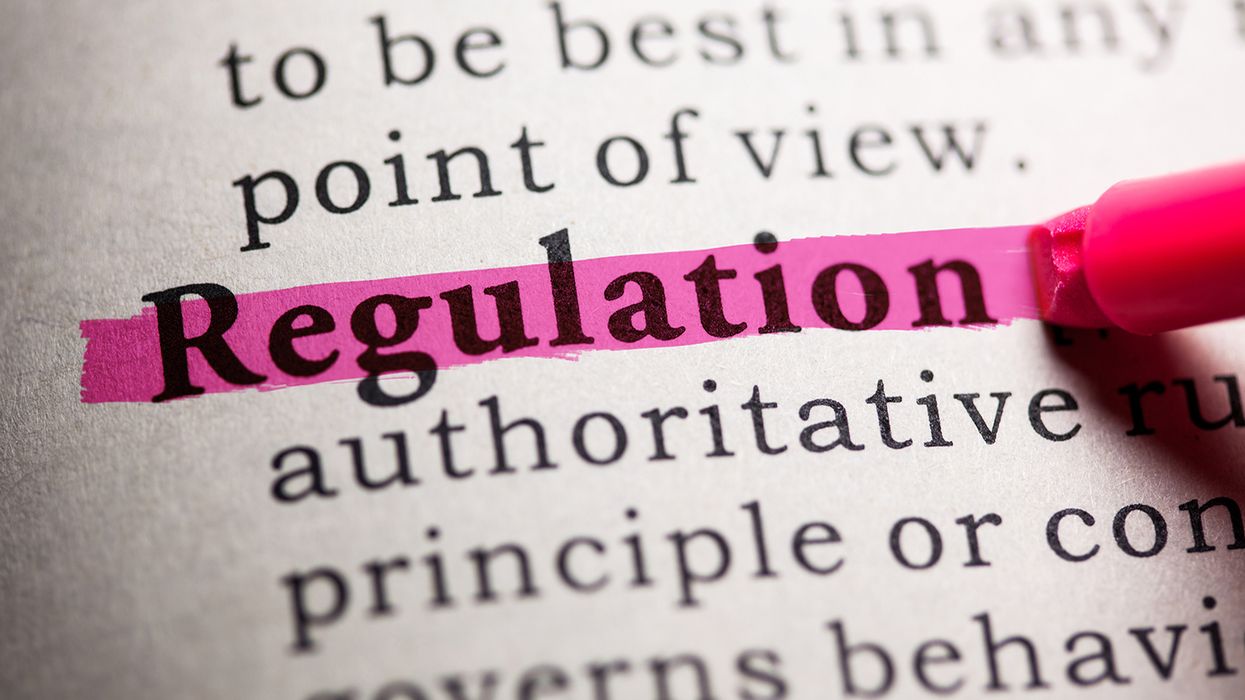CBD dangers highlighted in federal advisory – How to tell your workers about them
One of your employees might hear from a friend that cannabidiol, or CBD, can relieve pain, ease anxiety, or help with sleep and decide to try it. A recent government advisory highlights the dangers that go along with this decision.
The Substance Abuse and Mental Health Services Administration (SAMHSA) released an advisory in February 2023 about CBD’s potential harms, side effects, and unknowns.
There are no federal standards for commercial CBD products, and using them could carry risks that impact an employee’s health and career.
Drug test surprise
CBD is a chemical found in the cannabis plant. While pure CBD does not have any psychoactive effects, an unregulated CBD product could also contain tetrahydrocannabinol, or THC. This is the chemical in cannabis that causes the high feeling.
When an employee uses a CBD product containing THC, a positive workplace drug test could result.
This will likely have consequences under your company’s policy. It will definitely have consequences if the employee is covered by federal drug and alcohol testing regulations from the Department of Transportation (DOT).
Federal regulations for drivers and other transportation industry employees in safety-sensitive roles do not allow these workers to use marijuana. If a CBD product containing THC leads to a positive drug test, an employee’s claim that they only used CBD will not be an acceptable excuse for the positive test.
The employee will need to be removed from a safety-sensitive role and can’t return to it until a return-to-duty process has been successfully completed.
Buyer beware
In addition to THC contamination, employees should be aware of other health risks of CBD use.
Only one CBD product, the prescription medication Epidiolex, is approved by the Food and Drug Administration (FDA). The agency is concerned that unregulated products could have side effects, and questions their reliability and unproven health and wellness claims.
“The public should be aware of the misconceptions surrounding CBD products, as well as the potential harms and risks associated with their use,” the advisory states.
Among the agency’s concerns about CBD products not approved by the FDA:
- There are no federal standards for content, purity, or potency
- The CBD concentration may be more or less than advertised
- The purity of commercial CBD is “highly questionable” and products may contain THC
- The lack of safety standards may lead to unintended intoxication, particularly among children
- There is a lack of evidence to support many of the health claims used in CBD marketing
- CBD use could bring adverse effects when it interacts with other drugs
- CBD use could have negative effects on the liver and reproductive system
- Long-term health effects are not known
- The developmental impact on fetuses and infants are unknown
A lack of data has kept the FDA from being able to evaluate CBD products and approve them for the therapeutic effects they are purported to have.
CBD widely available
Although commercial CBD products are not regulated by the FDA, they were legalized under the Agriculture Improvement Act in 2018. This law removed hemp from the federal Controlled Substances Act and effectively legalized CBD products that come from hemp (a cannabis plant which contains less than .3 percent THC).
Many CBD products are contaminated with THC, however, as hemp and marijuana are both part of the cannabis plant family.
The legalization of hemp brought about commercial CBD products in a variety of forms, including lotions, oils, creams, chocolate, gummies, tea, and cosmetics.
While most CBD purchases are made online, CBD products can also be purchased from drugstores, grocery stores, and convenience stores throughout the United States.
These readily available products appeal to a significant number of consumers. CBD products were used by as many as a third of Americans in 2020, the agency notes, and generated more than $5 billion in revenue.
Tell them about it
Employees may get information from friends or CBD packaging that does not make them aware of the consequences that use of the product may bring. To raise awareness of the potential impacts of CBD use:
- Include information about CBD in your workplace drug and alcohol policy. Your policy could state that your company does not accept CBD use as an explanation for positive THC test.
- Talk to employees about CBD and let them know it could lead to a positive drug test. This could be done during department meetings or team huddles.
- Use intranet posts, message boards, and newsletter articles to communicate information about how CBD’s potential impact on a workplace drug test.
You can also make employees aware of the SAMHSA warnings about potential health risks of using unregulated CBD products. This can be done through wellness program communications.
Employees who have questions about CBD and how its use could impact their health should be referred to their medical care provider for more information.
Key to remember: Employees who use CBD risk coming up positive on a workplace drug test. To help avoid this, make them aware of the possible consequences of using CBD products.




















































